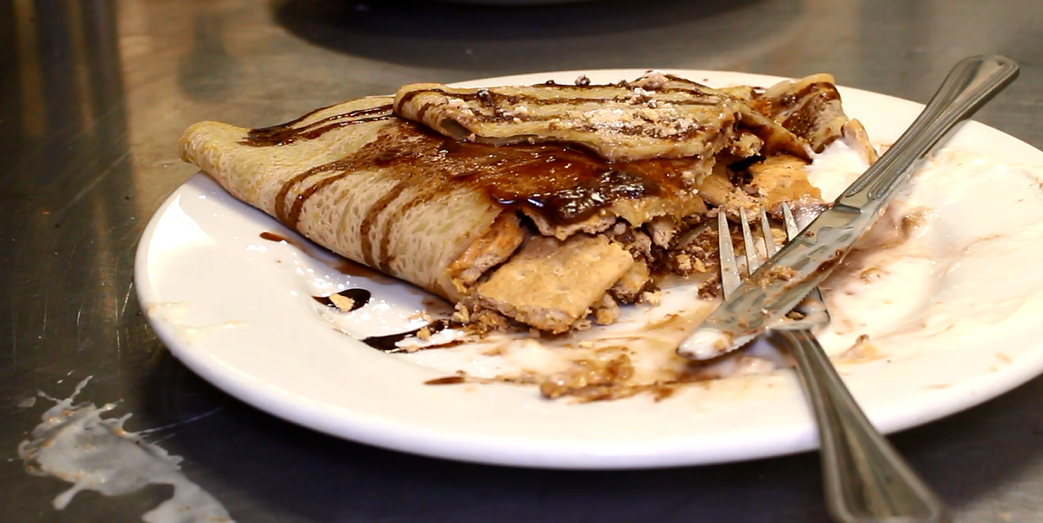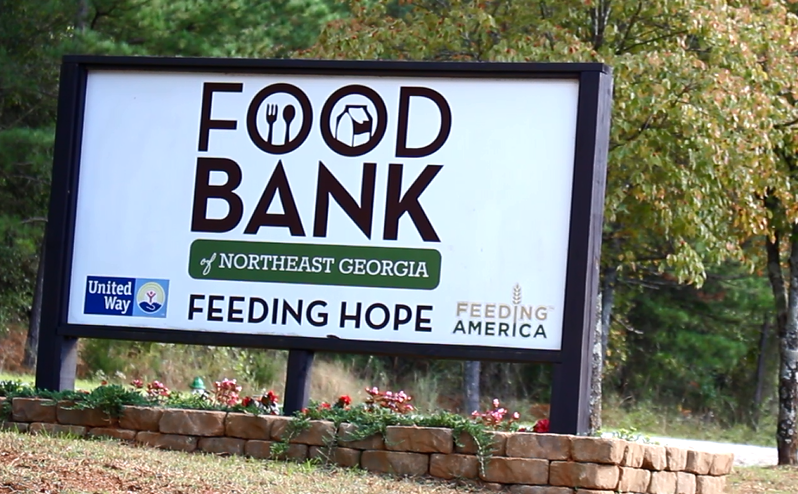
Food Waste in Athens: What’s Being Done
Having the privilege to know where your next meal is coming from is a luxury that many Americans take for granted. Look around you – is it easy to tell by looking at someone’s physical appearance that they may not know where their next meal is coming from? The truth is, many of the people struggling with food insecurity may reside right here in Athens, Georgia. Taking this problem seriously and to heart, local restaurants and the Food Bank of Northeast Georgia are working hard to reduce food waste and provide for those in need.
Do Something, a nonprofit organization encouraging young people to make a change in the world, tells us that 49 million Americans struggle to put food on the table. That means that many of the people you come in contact with every day could be food insecure.
According to the United States Environmental Protection Agency, the bad news is that close to 95% of food we throw away goes to landfills or combustion facilities. That’s a lot. By being cautious of the amount of food we send to landfills, we could not only positively impact Americans suffering from hunger and food insecurity, but we could also reduce the amount of methane being released into the air we breathe. As explained by the EPA, when our leftover food breaks down in a landfill, it releases methane into our atmosphere, which can be dangerous to our environment and ourselves.
How can you help reduce food waste?
When you’re tempted to throw out what you’re not using anymore, there’s two alternate routes you can take:
Compost.

The EPA informs us that 20- 30% of what we throw away is food scraps and yard waste that can be composted. By composting, we can keep more waste out of the landfills, therefore reducing the amount of methane being introduced to our environment.
The National is a local restaurant in Athens that partakes in composting to help reduce food waste.

Owner and executive chef, Peter Dale, talks about how the restaurant has compost bins from Let Us Compost labeled for different types of food scraps, as well as a place to recycle their leftover frying oil. Another helpful thing Dale shares is that The National orders in small bulk from local farmers and makes everything fresh to order which cuts back on the amount of food that would ultimately be thrown out.
Donate leftovers.
Here in Athens, The Food Bank of Northeast Georgia works hard to provide local communities with meals when needed. Constantly accepting donations and volunteers, the food bank is involved with multiple programs in Athens such as Hunger Bowl, Food 2 Kids, and Mobile Pantry which all stand to easily connect food insecure families to a reliable source of food.

Restaurants in Athens such as Einstein Bros. Bagels, Panera Bread, and Athens Bagel Company make great use of their leftover breads and baked goods by donating them to the food bank. Aria Aghdasi, a volunteer coordinator at the Food Bank of Northeast Georgia, says that when the “best buy” date on food is passed, restaurants are almost obligated to get rid of it.

Aghdasi says that in the span of a year, the food bank picks up approximately 5,000 pounds of bread from restaurants and that “it’s great to see so much of something that would’ve been thrown away anyways donated to people who really need it.” Every bit donated counts for something. Aghdasi explains: “there’s definitely been an impact in the community because of our work and I believe we’re able to help a lot of people because of it. It’s so great to see the smiling face of a little kid while they’re eating a chocolate-chip bagel that we were able to give to them, I mean, who wouldn’t love that.”